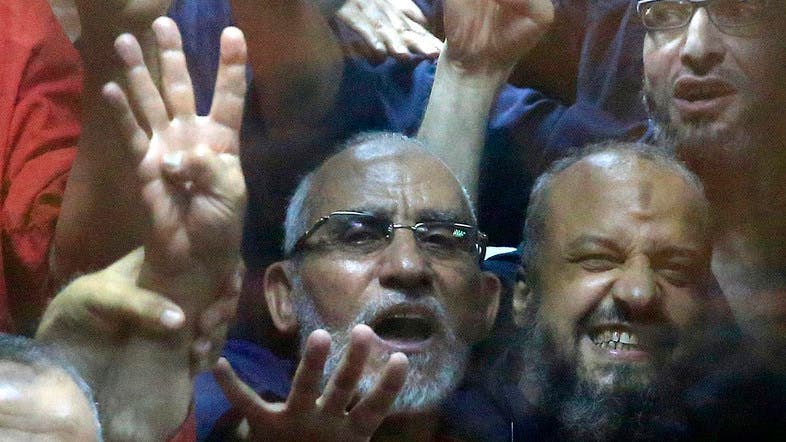Reuters, Riyadh
Gulf Arab leaders condemned “hostile, racist” remarks against Muslims and Syrian refugees in a statement issued on Thursday, days after Republican presidential candidate Donald Trump called for a ban on the entry of Muslims into the United States.
“The supreme council expressed its deep concern at the increase of hostile, racist and inhumane rhetoric against refugees in general and Muslims in particular,” the Gulf Cooperation Council said, referring to a GCC heads of state meeting in Riyadh.
Gulf Arab states also called for an international reconstruction conference for Yemen after any peace deal to end the country’s civil war.
The call came in a statement by Gulf Cooperation Council leaders at the conclusion of their summit meeting in the Saudi capital Riyadh, which was read out by GCC Secretary-General Abdullatif bin Rashid Al Zayani.
"The council (GCC) members called for an international conference for Yemen reconstruction after the parties reach the aspired political solution," Zayani said in the statement broadcast on Saudi state television.
He said such a programme would be done in accordance with a "practical programme to rehabilitate the Yemeni economy and to ease its merger into the Gulf economies".
He said such a programme would be done in accordance with a "practical programme to rehabilitate the Yemeni economy and to ease its merger into the Gulf economies".
Yemeni warring parties are due to gather in Switzerland next week for U.N.-sponsored peace talks to end a civil war that had killed nearly 6,000 people.
The two-day summit in Riyadh brought together Bahrain, Kuwait, Oman, United Arab Emirates, Qatar and Bahrain. Saudi Arabia's King Salman bin Abdulaziz said it was imperative for the GCC states to stand united and work together to fortify themselves against foreign threats at a time when the region is passing through tough times.
King Salman reiterated the keenness of the coalition states to achieve security and stability of Yemen under the leadership of its Yemeni President Abdrabbu Mansour Hadi’s government.
“We, the GCC states, will support a peaceful solution so as to enable Yemen overcome the crisis and restore its march toward development,” he said.
At the conclusion of the summit, Bahrain's King Hamad bin Isa al-Khalifa announced that Manama would host next year's GCC summit.
